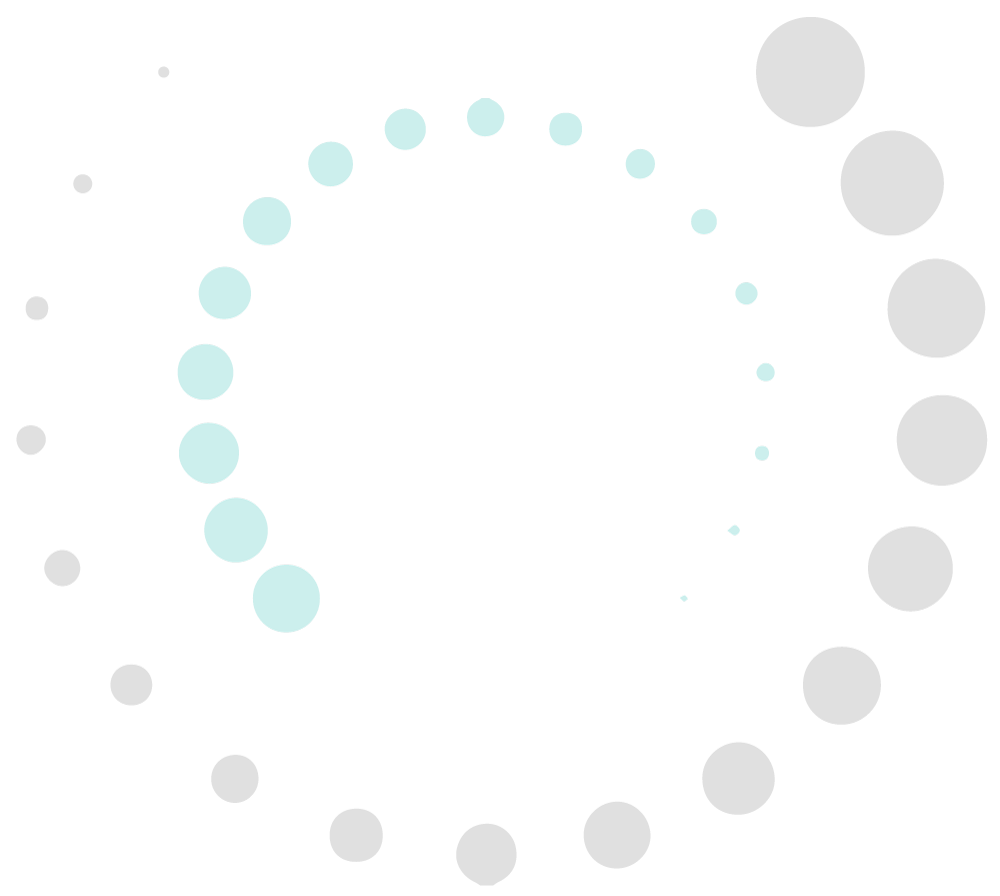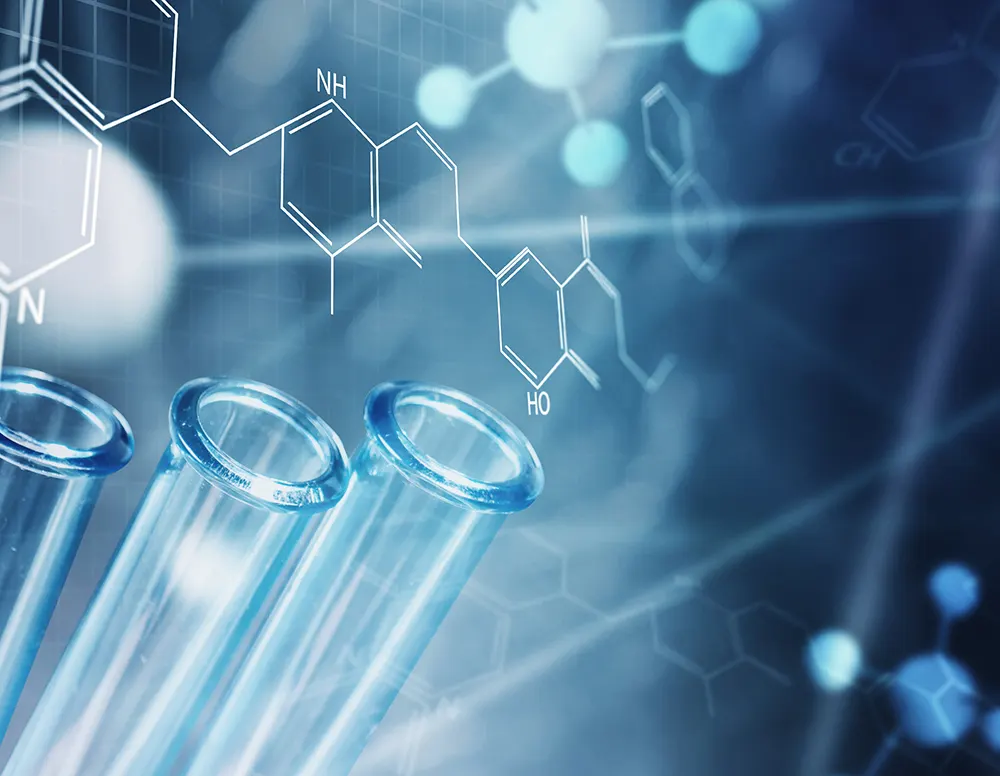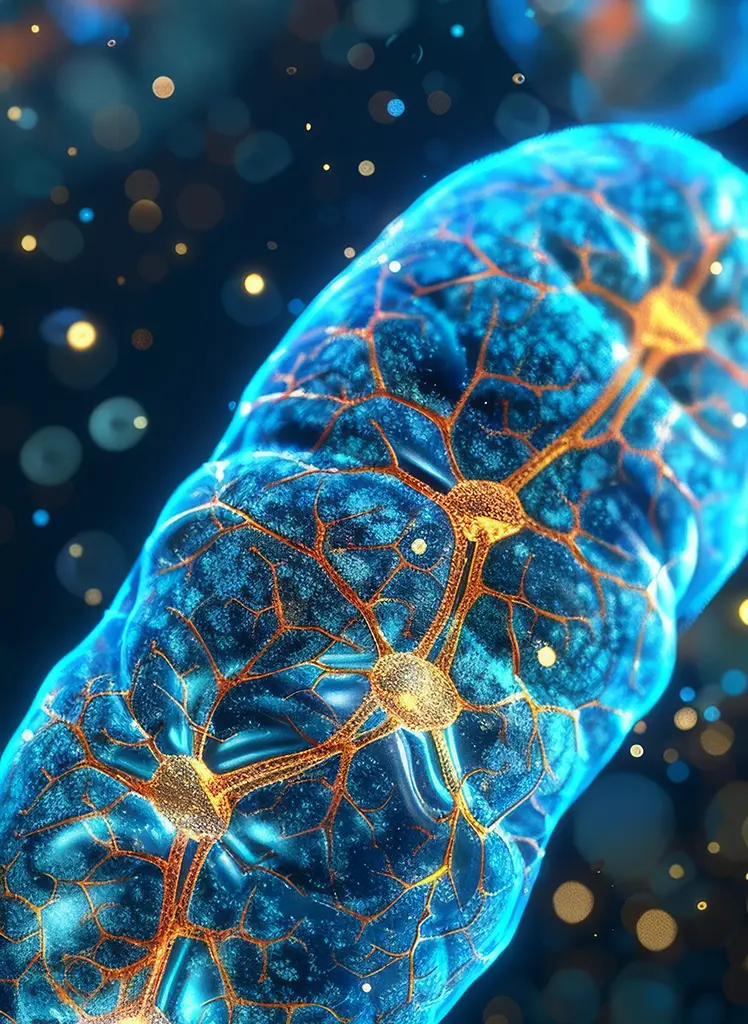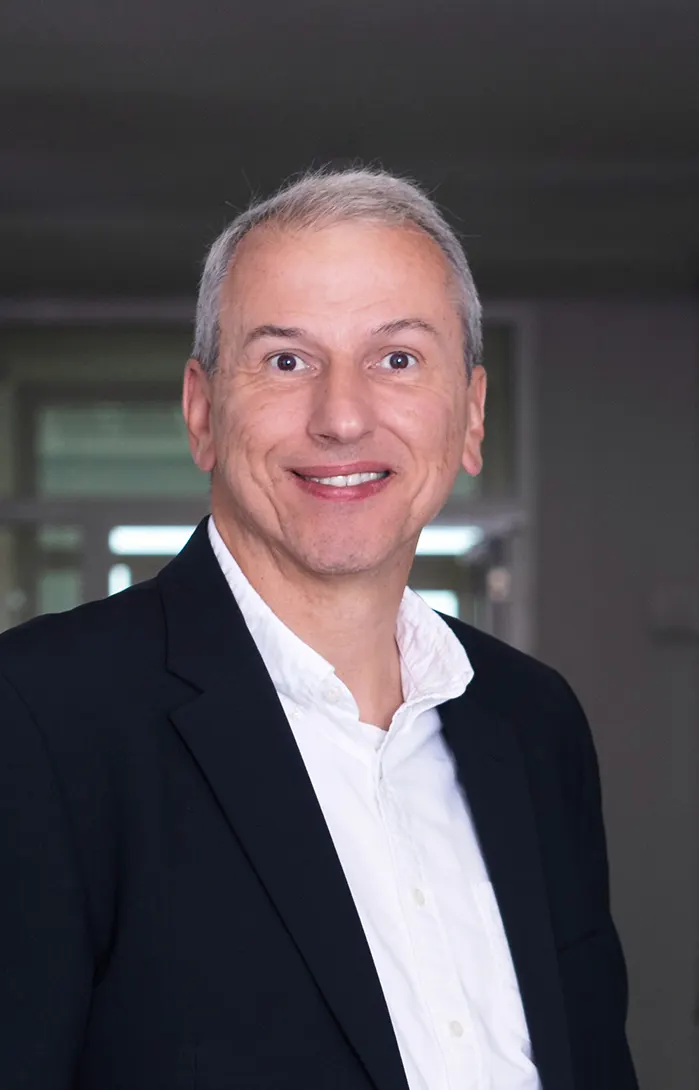
Diagnostics and laboratory
Lectures, courses, and seminars on the topic of diagnostics and laboratory
Micronutrient Diagnostics
Supplements or micronutrient intake have established themselves in all fields of alternative medicine. But on what basis is the recommendation for the administration or intake of dietary supplements or infusions made?
A deficiency in micronutrients ultimately arises from two reasons: 1. poor supply and/or 2. increased consumption or loss. This highlights why it is often not sufficient to inquire about patients’ diets and then recommend certain foods or supplements: A deficiency does not necessarily stem from something missing in the diet, as can occur with one-sided nutrition or certain lifestyles. Laboratory measurement and monitoring allow for individualized and optimized supplementation for patients. The advantages and disadvantages of the various tests for minerals, fatty acids, and vitamins will be explained in this seminar.
Your Speaker: Dr. rer. nat. biol. Heiko Hofmann


Mitochondrial Diagnostics
Mitochondrial weakness and dysfunction can be the cause of a wide range of chronic diseases. Therapeutic approaches, such as IHT, are gaining popularity. This is how you achieve a solid diagnosis.
Neurological, metabolic, cardiac, and oncological diseases are increasingly associated with mitochondrial dysfunction. Mitochondrial weakness is now considered a major cause of a broad spectrum of chronic conditions.
Particularly energy-dependent tissues, such as the nervous system, heart, and muscles, rely on sufficient energy supply from the mitochondria. Therapeutic approaches – for example, interval hypoxia training – are therefore very much in demand.
However, successful therapy always begins with the correct diagnosis. For diagnosing mitochondrial dysfunction, a modern, solid, and above all, functional mitochondrial analytics is applied, guided by the ongoing advancements in research.
With the new mitochondrial parameters, you will discover a new generation of examination methods that not only accurately assess the condition and function of mitochondria but also localize disturbances and assign causes.
Your Speaker: Dr. rer. nat. biol. Heiko Hofmann
Aging from a Biological and Medical Perspective
Longevity and Re-Aging are terms that have been heavily exploited, serving as a foundation for the sale of numerous supplements, therapies, and training programs. Many of these have their validity and achieve truly impressive results.
Those who understand the underlying biological process of “aging” are also capable of taking the right measures. After all, more is not always better!
The aging process is based on a multitude of causes: the quality of genes, oxidative stress, wear and tear, exposure to toxins, inflammatory reactions, to name a few. When viewed in isolation, these factors are of little relevance. Real aging is always a mix of many interrelated factors. Anyone aiming to treat premature aging must consequently examine all levels of aging. Only in this way can one holistically influence the process and achieve a slowed, health-oriented aging overall.
Your Speaker: Dr. rer. nat. biol. Heiko Hofmann

Heiko Hofmann,
Dr. rer. nat. Dipl.-biol.
Doctor of Natural Sciences and Diplom-Biologist, Mentor
Studied Biology at the University of Giessen and earned a doctorate in Microbiology at the University of Münster/Westphalia.
Between studies and doctoral research, he conducted research at the world-renowned Harvard Medical School in Boston. After his doctorate, he worked in the fields of applied research, product development, marketing, and sales of diagnostics at Bayer AG, Genzyme Virotech, and two successful biotech companies. Since January 1, 2015, Dr. Hofmann has been working for Biovis Laboratory in Limburg as the head of the scientific field service and lecturer.
The sports-enthusiast scientist has published over 20 scientific publications and given more than 100 lectures in Germany and other European countries, including topics on microbiome, mitochondria, and laboratory diagnostics.


